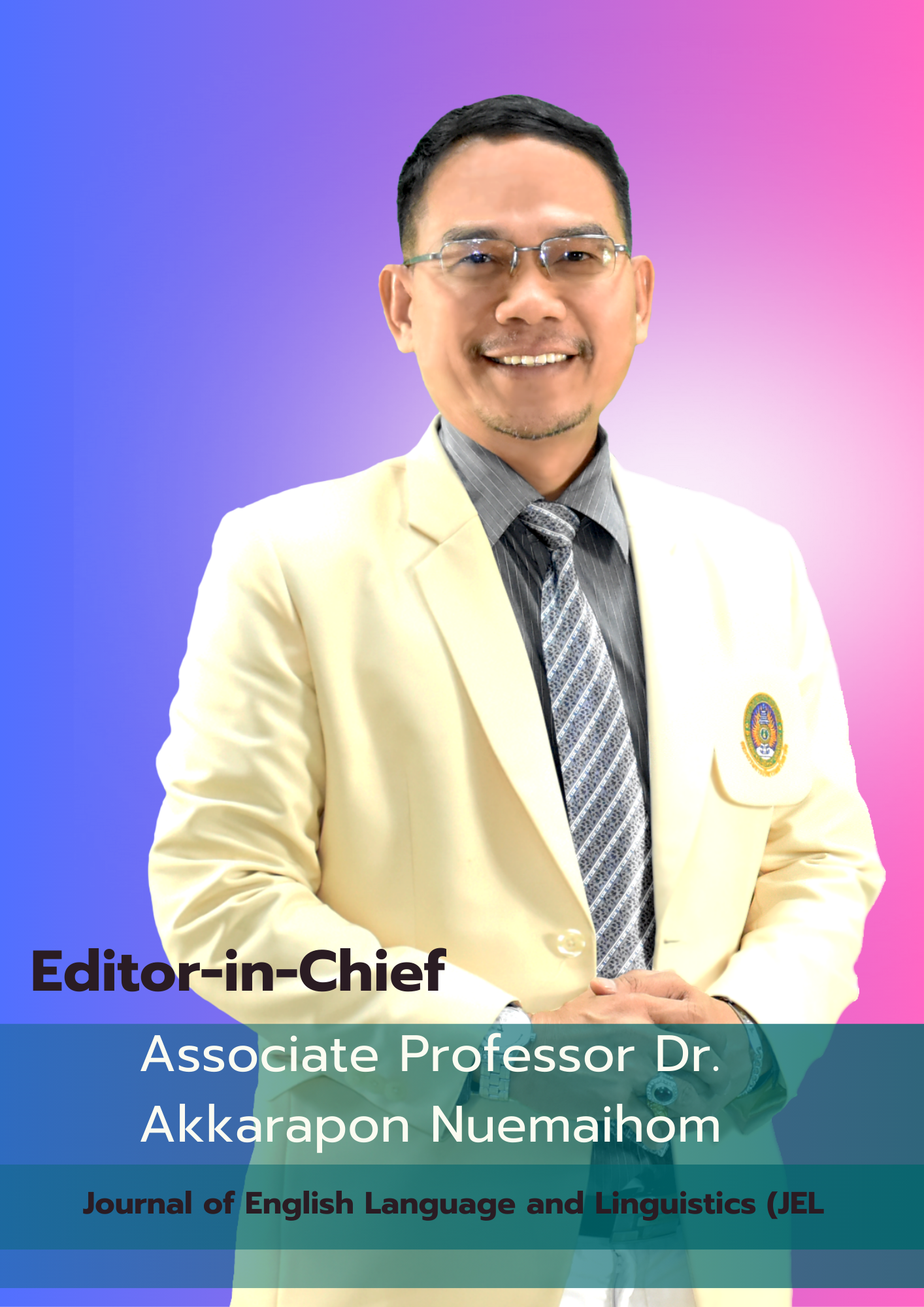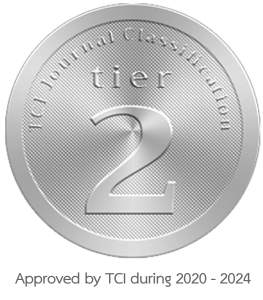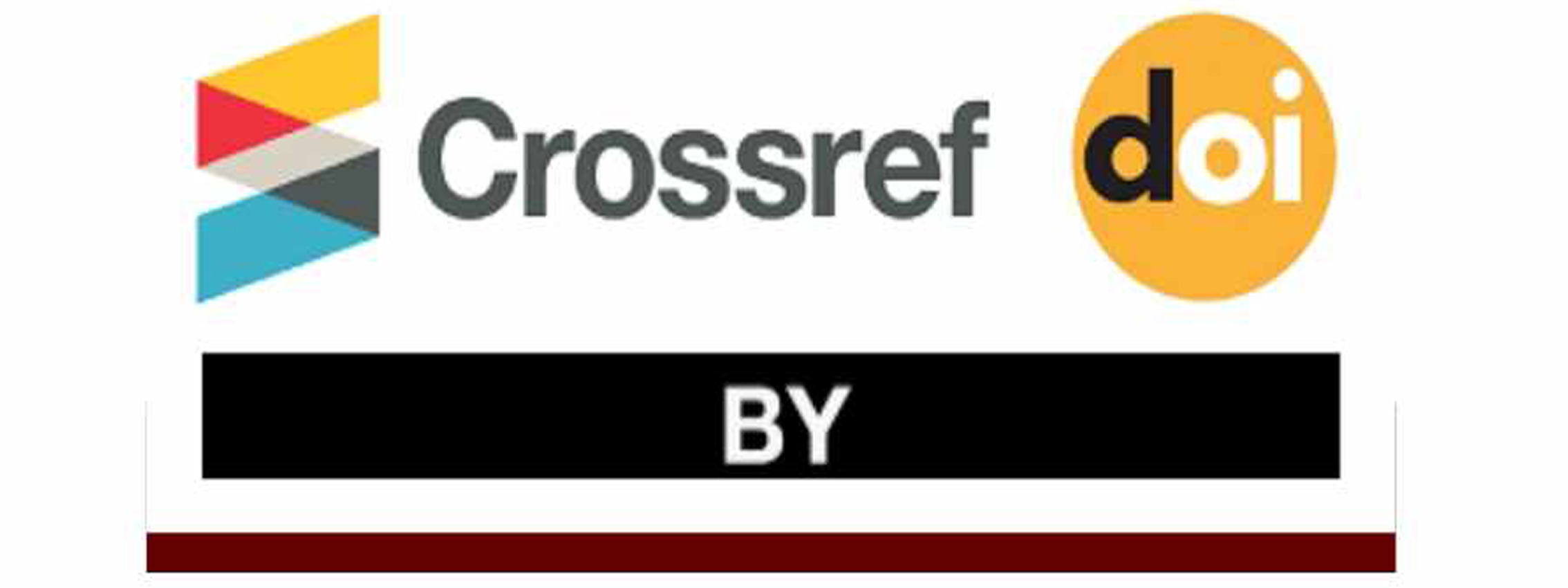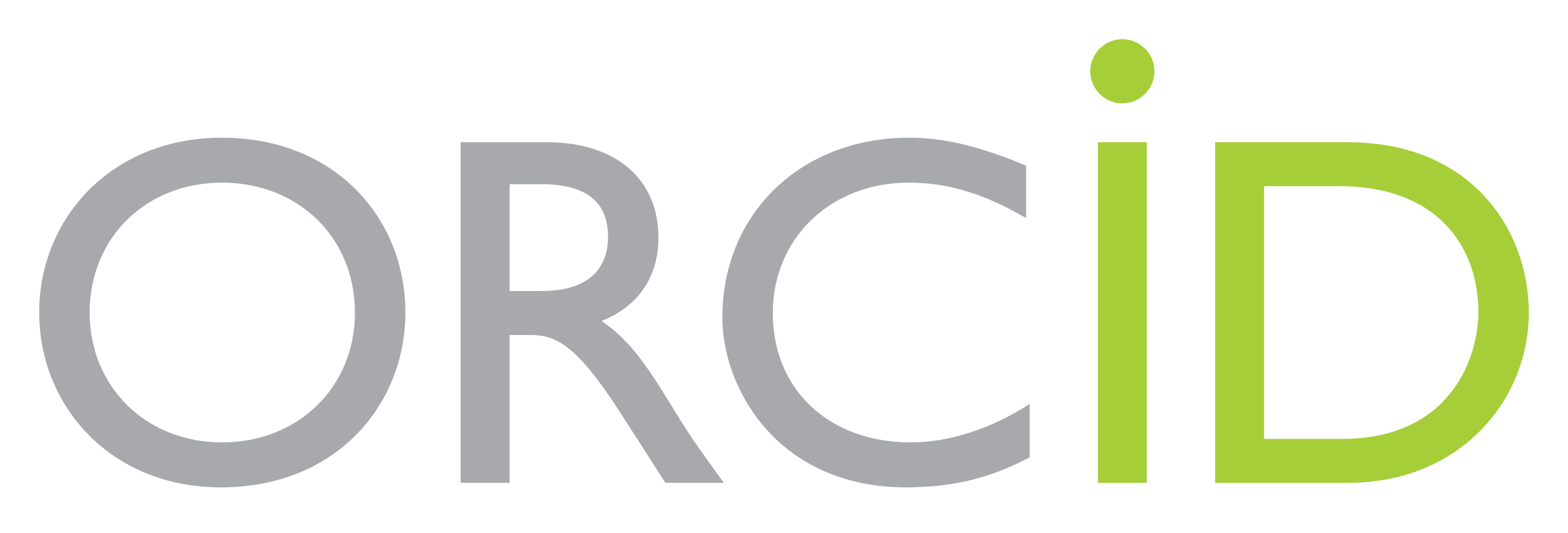Bridging language gaps: Pedagogical translanguaging practices in Vietnamese EFL education
DOI:
https://doi.org/10.62819/jel.2025.1147Keywords:
EFL education, pedagogical translanguaging, Vietnamese contextAbstract
This paper explores the transformative potential of pedagogical translanguaging (PTL) in Vietnamese EFL classrooms, particularly in rural and under-resourced areas, where traditional English-only instruction often limits student engagement and comprehension. Drawing on global best practices, PTL is positioned as a structured, inclusive pedagogy that enables students to utilize their full linguistic repertoires, fostering critical thinking, participation, and improved academic performance. By synthesizing theoretical perspectives and practical applications, this study highlights PTL’s effectiveness in reducing language anxiety, supporting bilingual identity development, and enhancing content understanding. Comparative insights from multilingual contexts, such as the United States, Europe, Africa, and Asia, demonstrate PTL’s scalability and adaptability in K-12 and higher education settings. However, Vietnamese classrooms continue to face institutional and societal barriers that hinder PTL’s implementation, including monolingual ideologies, lack of policy support, insufficient teacher training, and negative perceptions surrounding L1 use in English instruction. To address these challenges, this paper proposes practical strategies for integrating PTL into Vietnamese EFL classrooms, including intentional lesson planning, culturally responsive content, and flexible assessment methods. Additionally, it underscores the urgent need for teacher training programs and policy reforms to ensure a systematic and equitable adoption of PTL across educational contexts. By embracing PTL, Vietnamese schools can create more inclusive, learner-centered environments, ultimately fostering bilingualism and enhancing educational equity.
References
Ali, N., Rodriguez, S., & Park, D. (2023). Translanguaging as a dynamic pedagogical strategy in English teaching for EFL learners. Research Studies in English Language Teaching and Learning, 1(2), 64–76. https://doi.org/10.62583/rseltl.v1i2.14
Ambele, E. A. (2022). Supporting English teaching in Thailand by accepting translanguaging: Views from Thai university teachers. Issues in Educational Research, 32(3), 871–886.
Ambele, E. A., & Nuemaihom, A. (2024). Translanguaging for English language education: Uncovering Thai EFL students’ insights. Journal of Language Teaching and Research, 15(5), 1445–1454. https://doi.org/10.17507/jltr.1505.06
Atta, A., & Naqvi, S. B. (2022). Pedagogical translanguaging in English as second language (ESL) classrooms: A survey of existing studies. Journal of Nusantara Studies, 7(2), 120–146. https://doi.org/10.24200/jonus.vol7iss2pp120-146
Boonsuk, Y., & Ambele, E. A. (2024). Translanguaging stance and practices of multilingual undergraduates: Case of EMI-driven universities in Thailand and Malaysia. Journal of Multilingual and Multicultural Development, 1–15. https://doi.org/10.1080/01434632.2024.2440569
Burton, J., & Rajendram, S. (2019). Translanguaging-as-resource: University ESL instructors’ language orientations and attitudes toward translanguaging. TESL Canada Journal, 36(1), 21–47. https://doi.org/10.18806/tesl.v36i1.1301
Caruso, E. (2018). Translanguaging in higher education: Using several languages for the analysis of academic content in the teaching and learning process. Language Learning in Higher Education, 8(1), 65–90. https://doi.org/10.1515/cercles-2018-0004
Cenoz, J., & Gorter, D. (2021). Pedagogical translanguaging. Cambridge University Press.
Cenoz, J., & Gorter, D. (2022). Pedagogical translanguaging and its application to language classes. RELC Journal, 53(2), 342–354. https://doi.org/10.1177/00336882221082751
Cong-Lem, N. (2025). Intuitive to strategic translanguaging: Insights from Vietnamese EFL classrooms. Profile: Issues in Teachers’ Professional Development, 27(1), 151–167. https://doi.org/10.15446/profile.v27n1.116309
Creese, A., & Blackledge, A. (2015). Translanguaging and identity in educational settings. Annual Review of Applied Linguistics, 35, 20–35. https://doi.org/10.1017/S0267190514000233
Do, T. T. T., & Nguyen, T. M. L. (2023). Teaching English to linguistically and culturally diverse students: Multicultural pedagogy in practice. In K. Raza, D. Reynolds, C. Coombe (Eds.), Handbook of multilingual TESOL in practice (pp. 163–176). Springer Nature Singapore. https://doi.org/10.1007/978-981-19-9350-3_11
Do, T. T. T., Sellars, M., & Le, T. T. (2022). Primary English Language Education Policy in Vietnam’s disadvantaged areas: Implementation barriers. Education Sciences, 12(7), 445. https://doi.org/10.3390/educsci12070445
Duarte, J. (2020). Translanguaging in the context of mainstream multilingual education. International Journal of Multilingualism, 17(2), 232–247. https://doi.org/10.1080/14790718.2018.1512607
García, O., & Kano, N. (2014). Chapters 11. Translanguaging as process and pedagogy: Developing the English writing of Japanese students in the US. In J. Conteh, G. Meier (Eds.), TheMultilingual turn in languages education: Opportunities and challenges (pp. 258–277). Multilingual Matters. https://doi.org/10.21832/9781783092246-018
García, O., & Kleyn, T. (2016). Translanguaging with multilingual students: Learning from classroom moments. Routledge.
Ho, M. H. T., & Nguyen, H. T. (2019). English as a lingua franca for Vietnam: Current issues and future directions (pp. 166–183). Routledge. https://doi.org/10.4324/9780429457371-11
Hopp, H., Kieseier, T., Jakisch, J., Sturm, S., & Thoma, D. (2021). Do minority-language and
majority-language students benefit from pedagogical translanguaging in early foreign language development?. Multilingua, 40(6), 815-837.
Kacsur, A. (2024). Good practices of pedagogical translanguaging: A global overview of
emergence, development, and classroom applications. Acta Academiae Beregsasiensis, Philologica, III(2), 139–152. https://doi.org/10.58423/2786-6726/2024-2-139-152
Kim, G. J. Y., & Weng, Z. (2022). A systematic review on pedagogical translanguaging in
TESOL. TESL-EJ, 26(3). https://doi.org/10.55593/ej.26103a4
Kien, P. T., & Van, V. T. H. (2023). Vietnamese EFL secondary teachers’ translanguaging use and their perceptions. Ho Chi Minh City Open University Journal of Science – Social Sciences, 13(2), 37–54.
Lê, V. C. (2024). English in Vietnam (pp. 339–358). Oxford University Press. https://doi.org/10.1093/oxfordhb/9780192855282.013.18
Lim, L. (2017). Southeast Asia. In M. Filppula, J. Klemola, & D. Sharma (Eds.), The Oxford handbook of world Englishes (pp. 448–471). Oxford University Press. https://doi.org/10.1093/oxfordhb/9780199777716.013.28
Liu, Y., & Fang, F. (2022). Translanguaging theory and practice: How stakeholders perceive translanguaging as a practical theory of language. RELC Journal, 53(2), 391–399. https://doi.org/10.1177/0033688220939222
Ly, C. K. (2022). English as a global language: An exploration of EFL learners’ beliefs in Vietnam. Available at SSRN 4895696. International Journal of TESOL & Education, 3(1), 19–33. https://doi.org/10.54855/ijte.23312
Makalela, L. (2018). Moving out of linguistic boxes: The effects of translanguaging strategies for multilingual classrooms. In C. Kerfoot, A.-M. Simon-Vandenbergen (Eds.), Language in epistemic access (pp. 24–41). Routledge. https://doi.org/10.4324/9781315229744-3
McNamara, K. (2024). Translanguaging: Moving away from monolingual ESL classrooms and institutions. English Australia Journal, 40(3), 5–19. https://doi.org/10.61504/WGJT1625
Ngo, X. M. (2022). English assessment in Vietnam: status quo, major tensions, and underlying ideological conflicts. Asian Englishes, 1–13. https://doi.org/10.1080/13488678.2022.2132128
Ngo, M. T., & Tran, L. T. (2023). Current English education in Vietnam: Policy, practices, and challenges. In English Language Education for Graduate Employability in Vietnam (49–69). Springer Nature Singapore.
Nguyen, H. A. T., Chik, A., & Woodcock, S. (2022). Translanguaging in English-medium instruction: Teacher practices at a Vietnamese university. In English Medium Instruction Practices in Vietnamese Universities (pp. 137–151). Springer Nature Singapore.
Nguyen, T. T. T., & Hamid, M. O. (2018). Bilingualism as a resource: Language attitudes of Vietnamese ethnic minority students. Current Issues in Language Planning, 19(4), 343–362.
Nguyen, H., & Javorsky, K. (2024). Beyond memorization. Advances in Educational Technologies and Instructional Design Book Series, 1–40. https://doi.org/10.4018/979-8-3693-6497-0.ch001
Nuemaihom, A., Chutopama, N., & Putklang, T. (2024). Translanguaging practices and perception of tertiary lecturers and learners in Thailand: A case study at Buriram Rajabhat University. World Journal of English Language. https://doi.org/10.5430/wjel.v14n6p357
Pereira, A. B. da L. (2024). Pedagogical translanguaging: revisión bibliográfica sistemática de una nueva teoría didáctica y su aplicación en las aulas de Educación Primaria. Informatica Didactica, 36(Especial), 191–200. https://doi.org/10.5209/dill.98421
Pham, T. Kien, & Vu, T. H. V. (2023). Vietnamese EFL secondary teachers’ translanguaging use and their perceptions. Ho Chi Minh City Open University Journal of Science – Social Sciences, 13(2), 37–54.
Prilutskaya, M. (2021). Examining pedagogical translanguaging: A systematic review of the literature. Languages, 6(4), 180.
Rahayu, S. S., Rochsantiningsih, D., & Sumardi, S. (2023). Teacher practices in translanguaging and trans-semiotizing pedagogy in ELT classrooms: An Indonesian case study. VELES (Voices of English Language Education Society). https://doi.org/10.29408/veles.v7i2.21304
Rajendram, S. (2023). Translanguaging as an agentive pedagogy for multilingual learners: Affordances and constraints. International Journal of Multilingualism, 20(2), 595–622.
Supian, N., & Mohd. Asraf, R. (2019). A case study on vocabulary learning strategies in Malaysia: Implications for teaching and learning. http://irep.iium.edu.my/72875/
Sutrisno, D. B. (2023). Translanguaging practices within Indonesian EFL classrooms: A review of the literature. JOLLT Journal of Languages and Language Teaching, 11(3), 547-554. https://doi.org/10.33394/jollt.v%vi%i.8265
Tai, K. W., & Wei, L. (2023). Engaging students in learning and creating different
translanguaging sub-spaces in Hong Kong English medium instruction history classrooms. Language and Education, 1–42.
Thongwichit, N., & Ulla, M. B. (2024). Translanguaging pedagogy in Thailand’s English medium of instruction classrooms: Teachers’ perspectives and practices. TESL-EJ, 27(4), 1-17. https://doi.org/10.55593/ej.27108a7
Tian, Z., & Li, W. (2024). Translanguaging and EFL teaching. In Oxford Research Encyclopedia of Education.
Vu, M. T. (2021). Between two worlds? Research engagement dilemmas of university English language teachers in Vietnam. RELC Journal, 52(3), 574–587.
Wawire, B. A., & Barnes-Story, A. (2022). Translanguaging for multiliteracy development: Pedagogical approaches for classroom practitioners. International Journal of Bilingual Education and Bilingualism, 26(2), 173–188.
https://doi.org/10.1080/13670050.2022.2094702
Wei, L. (2024). Transformative pedagogy for inclusion and social justice through translanguaging, co-learning, and transpositioning. Language Teaching, 57(2), 203–214.
Wen, J. (2023). Pedagogical translanguaging [Review of the book Pedagogical translanguaging, by J. Cenoz & D. Gorter]. Porta Linguarum: Revista Interuniversitaria de Didáctica de las Lenguas Extranjeras, 39, 365–366. https://doi.org/10.30827/portalin.vi39.24641
Wu, S., Pang, M., & Sun, X. (2025). Comparing secondary school students’ foreign language anxiety and academic achievement in face-to-face and online settings: A case study in China. Asia Pacific Journal of Education, 1–18. https://doi.org/10.1080/02188791.2024.2448144
Xia, M., Yang, C., Zhou, Y., Cheng, G., & Yu, J. (2021). One belt & one road international students’ gratitude and acculturation stress: A moderated mediation model. Current Psychology, 1–13. https://doi.org/10.1007/S12144-021-01441-Z
Yasar Yuzlu, M., & Dikilitas, K. (2022). Translanguaging in the development of EFL learners’ foreign language skills in Turkish context. Innovation in Language Learning and Teaching, 16(2), 176–190. https://doi.org/10.1080/17501229.2021.1892698


















